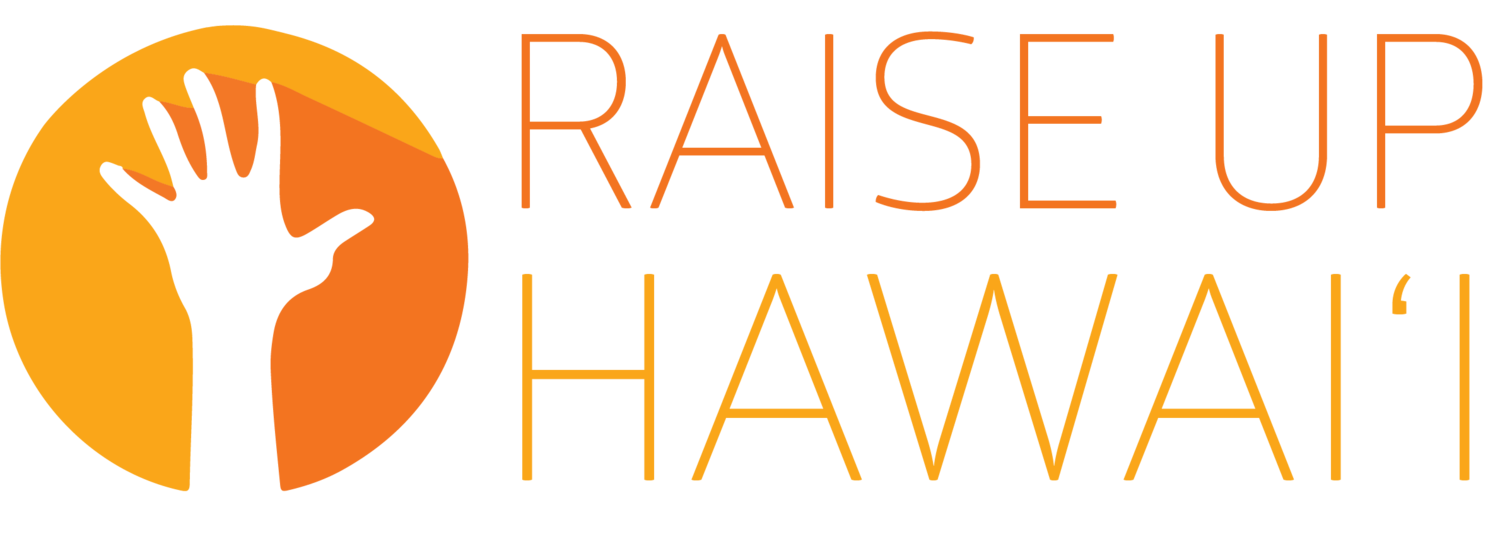Joint legislative package a good start that needs to go further
Raise Up Hawaiʻi, a diverse coalition committed to raising Hawaiʻi’s minimum wage to a living wage, appreciates the Governor and the Hawaiʻi State Legislature’s focus on the economic struggles of Hawaiʻi’s low-income and working class families in their newly released joint legislative package.
The stated goal of providing relief to working families through increasing the minimum wage and through tax relief, by reducing housing costs through investments in infrastructure, and by setting a goal of pre-K access to all 3- and 4-year-olds is a smart strategy for building a stronger Hawaiʻi.
However, the proposal to raise the minimum wage to $13 by 2024 falls far short of what working people need to afford the basics. For a single person without children to meet their basic needs, they need a wage of $17.63 per hour according to a 2018 Hawaiʻi Department of Business, Economic Development & Tourism analysis (after adjusting for inflation). Other independent research groups have pegged basic economic security in Hawaiʻi at well over $25 an hour in 2020.
The last time Hawaiʻi’s minimum wage workers got a raise, to the current $10.10 an hour, was January 1, 2018. They already have been stuck at that level—$21,000 a year for full-time work—for more than two years, and they have been losing ground to inflation. We need to begin to close the growing gap between wages and cost of living.
If working-age people in Hawaiʻi can’t earn enough to afford to live here, they will continue to move elsewhere. With other states already on track to raise their minimum wages to $15 and beyond in coming years, Hawaiʻi—with its extraordinarily high cost of living—should be leading the pack by raising its wage to $17 an hour by 2025.
Raise Up Hawaiʻi urges legislators to listen to the stories of workers like 24-year-old Brandy Gouveia, who works a full-time job during the day and a part-time, overnight job, and is still considering moving away forever.
There are 88,000 minimum wage earners, and more than 250,000 workers that earn less than enough to live on. As cost of living continues to rise and wages remain flat, the problems faced by working families continue to grow, preventing the development of a stable middle class and undermining our economic security.
In Speaker Scott Saiki’s opening day remarks, he called on the legislature to “make it possible for our family members and the next generation to stay home.” To do so, Hawaiʻi should raise its wage to at least $17 an hour by 2025.






